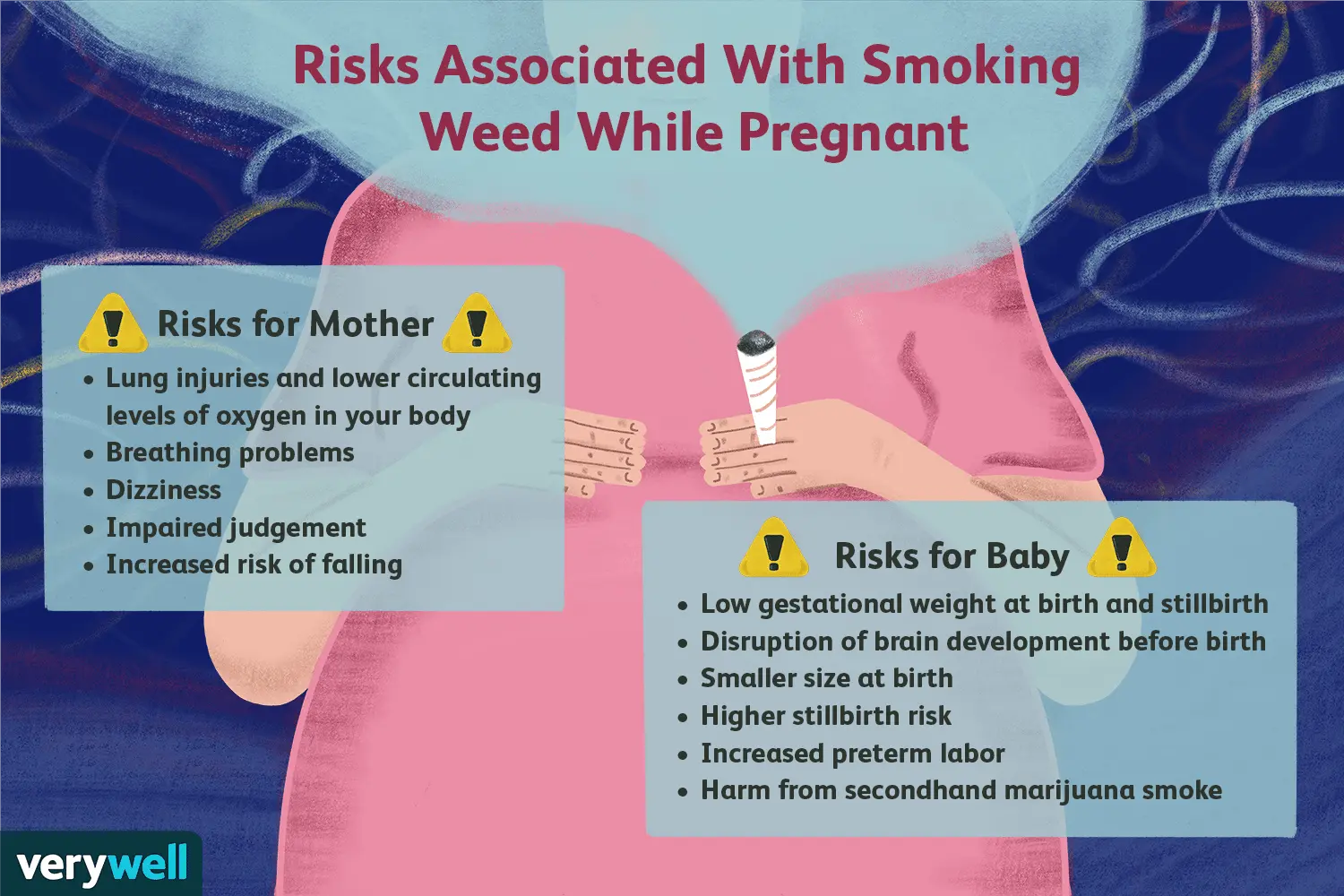Smoking during pregnancy is a topic that has garnered a lot of attention in recent years. It is well-known that smoking can have detrimental effects on both the mother and the baby. In this article, we will explore the risks associated with smoking during early pregnancy and why it is crucial to quit smoking for the health and well-being of both the mother and the unborn child.
The Link Between Smoking and Miscarriage
A study conducted on nearly 1,300 Japanese women with a history of pregnancy found a significant correlation between heavy smoking during early pregnancy and an increased risk of miscarriage in the first trimester. The study revealed that women who smoked heavily were more than twice as likely to experience a miscarriage compared to non-smokers.
These findings highlight the importance of quitting smoking as soon as a woman discovers she is pregnant. The chemicals present in cigarettes, such as nicotine and carbon monoxide, can restrict the oxygen and nutrient supply to the developing fetus, leading to complications and potential loss of the pregnancy.

The Dangers of Smoking on Fetal Development
Smoking during early pregnancy can have severe consequences on the development of the fetus. The chemicals in cigarettes can cross the placenta and directly affect the baby's growth and organ development. Here are some of the risks associated with smoking during pregnancy:
- Increased risk of miscarriage: As mentioned earlier, smoking during early pregnancy significantly increases the chances of miscarriage in the first trimester.
- Preterm birth: Smoking has been linked to an increased risk of premature birth, where the baby is born before 37 weeks of gestation. Preterm babies often face health issues and may require specialized care.
- Low birth weight: Smoking during pregnancy can result in low birth weight, which is associated with various health problems in the baby, including respiratory issues, developmental delays, and a higher risk of chronic diseases later in life.
- Birth defects: The chemicals in cigarettes can interfere with the normal development of the baby's organs, leading to birth defects such as cleft lip or palate, heart abnormalities, and limb deformities.
- Placental complications: Smoking can increase the risk of placental abruption, where the placenta detaches from the uterine wall prematurely. This condition can be life-threatening for both the mother and the baby.
Quitting Smoking for a Healthy Pregnancy
Quitting smoking is the best decision a pregnant woman can make for her own health and the well-being of her unborn child. Here are some steps to help you quit smoking during early pregnancy:
- Seek support: Reach out to your healthcare provider for guidance and support. They can provide you with resources and strategies to quit smoking.
- Find healthy alternatives: Look for healthier ways to cope with stress and cravings, such as exercise, meditation, or engaging in hobbies.
- Join a support group: Connecting with other women who are going through a similar journey can be incredibly helpful. Consider joining a support group for pregnant women trying to quit smoking.
- Stay motivated: Remind yourself of the benefits of quitting smoking, both for yourself and your baby. Visualize a healthy and smoke-free future.
- Remove triggers: Get rid of cigarettes, lighters, and ashtrays from your home and car to reduce the temptation to smoke.
Frequently Asked Questions
Q: Can smoking during early pregnancy cause birth defects?
A: Yes, smoking during pregnancy can increase the risk of birth defects in the baby, including heart abnormalities, cleft lip or palate, and limb deformities.
Q: Is it safe to smoke occasionally during pregnancy?
A: No, smoking at any level during pregnancy is harmful to both the mother and the baby. It is best to quit smoking completely for a healthy pregnancy.
Q: How does smoking affect the placenta?
A: Smoking increases the risk of placental complications, such as placental abruption, where the placenta detaches from the uterine wall prematurely. This condition can be life-threatening for both the mother and the baby.
Smoking during early pregnancy poses significant risks to both the mother and the unborn child. The correlation between smoking and increased risk of miscarriage in the first trimester emphasizes the importance of quitting smoking as soon as a woman discovers she is pregnant.
By quitting smoking, pregnant women can protect their own health and give their babies the best chance at a healthy start in life. Seeking support, finding healthy alternatives, and staying motivated are crucial steps towards a smoke-free pregnancy. Remember, quitting smoking is one of the most important decisions you can make for the well-being of your baby.
If you want to know other articles similar to Smoking during early pregnancy: risks & importance of quitting you can visit the Pregnancy category.


Related Articles